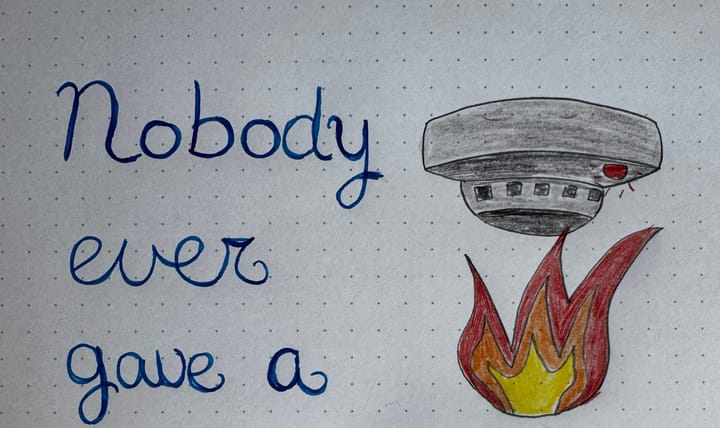There are no problems if you don't test

Dumb people and smart people agree: if you don't test, there are no problems. This conclusion can be reached because you either have one active brain cell or because you are an experienced tester. Let me explain the difference.
The dumb part of the story is easy to explain: you simply prefer to be willfully ignorant. Remember the global pandemic? My most hated person on earth (hint: he's an American) advocated for people not testing themselves for Corona because it would drive up the number of cases. Smart idea, buddy.
The software testing equivalent of this is to just go live without testing much of anything because you want to reach a KPI (often a deadline). Usually these decisions are made by management types. It's then up to the engineers to fix forward all the issues that have shipped to production. Bonus points if you blame QA for missing all the issues. This is a common tactic in the gaming industry these days.
This sounds dumb, right? Then why can it also be a smart conclusion to reach?
In short: because, as a tester, it's soul sucking to spend a lot of time and effort on finding important information about the state of the software to then find out that the information you found will be ignored.
The issues you found will not be fixed. They are minimized. The risks you mentioned are waved away. "Users will not do this".
Trust me, for a lot of the shitty software you use daily, there have been testers working on it who cared. Maybe also on those disastrous game releases, I have no way to tell. The testers will have raised issues you are faced with as a user, and they have been ignored.
I can tell you from experience that I also have been ignored lots of times, when I raised concerns that I thought were reasonable. It's demoralizing. And I'm not naive, there's no way that 100% of the concerns I mention will be fixed. No, I'm talking about things that I evaluated and concluded to be important.
The bitter pill to swallow is that quality is not high on the radar for many people. That's my experience at work, at least. There's a lot of talk about how quality and the user experience are important, but actions speak louder.
What do I do now?
To avoid doing unnecessary work that demoralizes me because the outcome will be ignored, I try to have the important conversation first.
"We see X and Y as a risk, but if we start spending time to find out detailed information about it so we can mitigate the risk, are we going to act upon the information we'll find?" I force people to think a couple steps ahead.
Sometimes, reality dictates that, no, we will not spend a lot of time and energy on this part of the software. Then I'd rather not test it, at least not extensively. Not because I want to be willfully ignorant, but because I want to preserve my own sanity at work.
Look, I don't enjoy that I have to compromise on this. Yes, I'd rather be the one to decide which risks are important to focus my efforts on (hmm, seems like I aspire to be a benevolent dictator?). The reality is that I'm not. And I've been burnt by this cycle too many times by now. Yes, it sucks.
Is this what it means to get older?



Comments ()